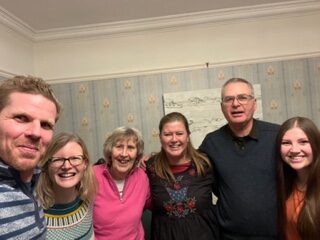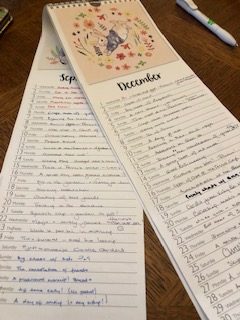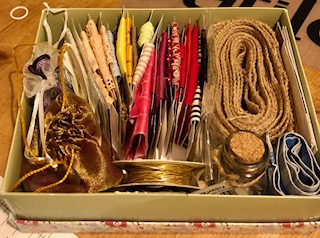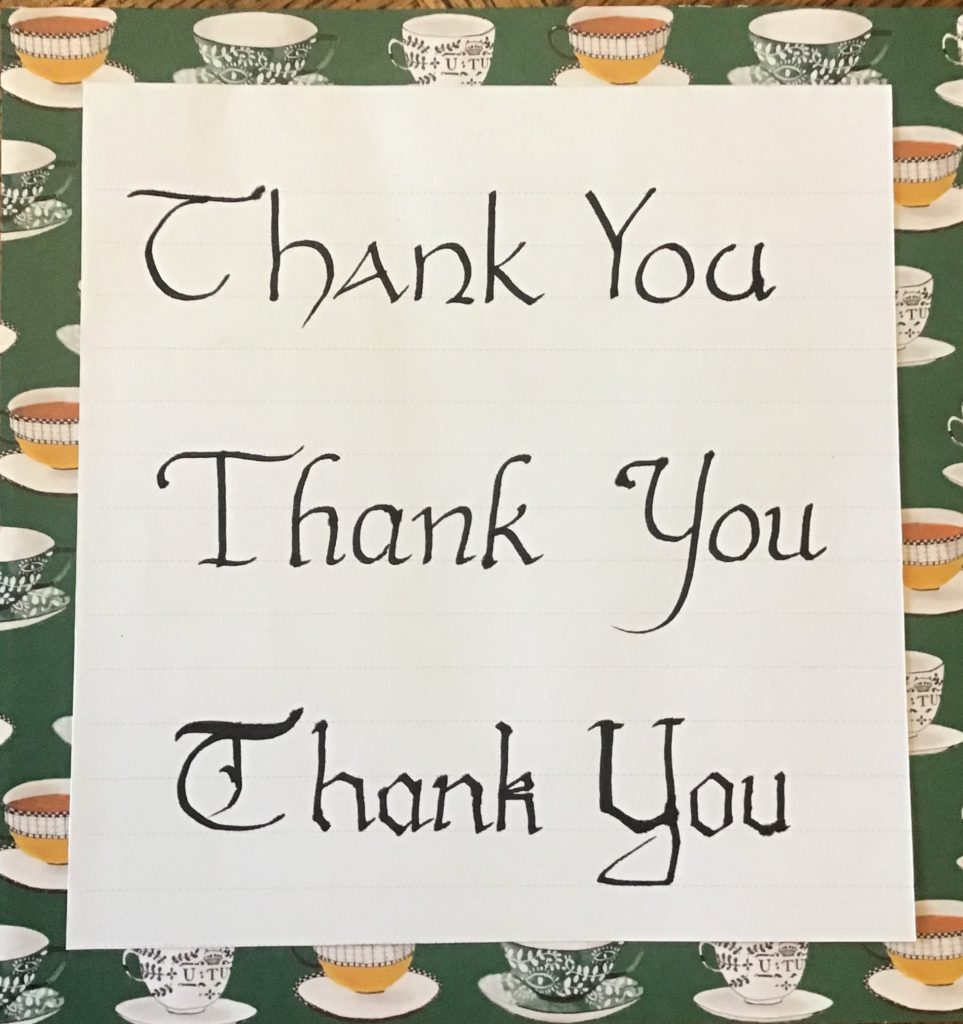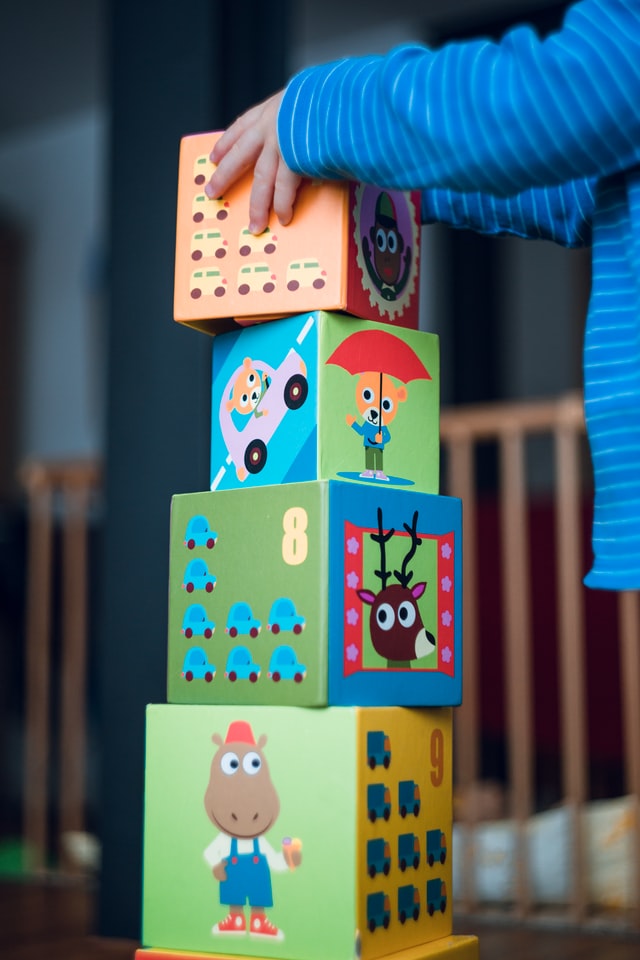Last Saturday, we did what we seldom do, and had a Thanksgiving dinner. My husband is American and he felt that a celebration was in order. We have much, after all, to be thankful for. I invited my mum, my niece and her husband.
Jeff, Mariia and I laboured in the kitchen for much of the day, but by dividing the tasks and helping one another, it was more joy than chore. Mariia contributed some amazing Ukrainian dishes, Jeff tackled the nut roast and vegetables, and I made the puddings. Keeping everything vegan was a little challenging, but we made it. I even managed a perfectly edible pumpkin pie using silken tofu. Result!
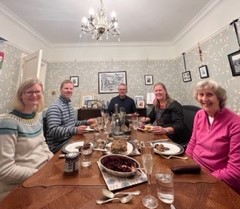
Image: Mariia Matrunich
Thanksgiving is such a delightful holiday in that it has all the hallmarks of Christmas : a meal with loved ones, special foods, the best china and none of the stress. Well, less stress anyway. It is also a reminder to be grateful.
The origins of Thanksgiving
Thanksgiving is a peculiarly American celebration, because it honours a significant event in the history of that country. The early settlers, the Pilgrims, were ill-equipped to survive in this new land. They lost half their community in the first winter, with most of them remaining aboard ship and dying of scurvy, exposure or disease.
When they came ashore, they were met by an English speaking Indian who brought his friend, Squanto, a few days later. Squanto was vital to the new settlers. He also spoke English (having been enslaved by an English ship and later having escaped to London from where he found his way home). To the Pilgrims he brought knowledge of local plants – how to tap maple trees and grow crops suitable to American soil. In addition, he helped secure friendly relations with the local tribe: the Wampanoag.
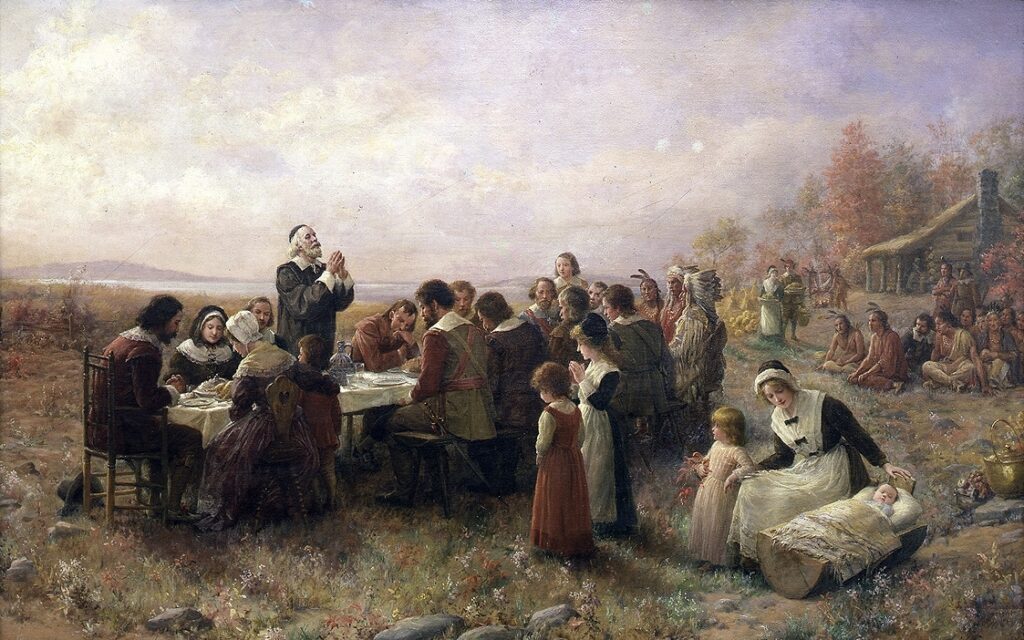
With his and others help, the first harvest was successful and in order to thank them, the Pilgrims invited their new friends to a great feast lasting three days. And thus, Thanksgiving was born. (Source: History.com)
In truth, this famous thanksgiving was not original. For millennia, people have held celebrations at the end of harvest. What made this one iconic was Abraham Lincoln who declared Thanksgiving on the fourth Thursday in November as a national holiday. The story of the early settlers was told and retold and became what we think of Thanksgiving today.
Giving thanks always
Ironically, the American Indians fared terribly following their selfless generosity. Forced migration, which took place over decades, resulted in the mass genocide of Native Indians. For those who have survived, Thanksgiving is not a day of celebration but of sorrow.
Nevertheless, many tribes maintain the spirit of thanksgiving in their ceremonies and in the teaching of their children throughout the year. At the Onondaga Nation school, the week is bookended by a long, structured Thanksgiving Address. The words may vary, but the essentials remain the same.
It begins: Today we have gathered and when we look upon the faces around us we see that the circles of life continue. We have been given the duty to live in balance and harmony with each other and all living things. So now let us bring our minds together as one as we give greetings and thanks to each other at People. Now our minds are one.
(Braiding Sweetgrass, Robin Wall Kimmerer)
A moment of silence is left for the children to agree.
The address then continues to give thanks for each and every aspect of creation from the clean air we breathe to the fish in the waters, the trees and healing herbs. It is long. But as Kimmerer says, why would you complain that you have so many things to be thankful for?
This beautiful video gives a little more information about the address.
And if you would like to know the whole transcript, it is available here: https://danceforallpeople.com/haudenosaunee-thanksgiving-address/
Bounty
The most positive outcome of the address is a sense of bounty. ‘You can’t listen to the Thanksgiving Address without feeling wealthy,’ says Kimmerer. It ‘reminds you that you already have everything you need.’
Thanksgiving need not be saved for a special holiday or in response to a bumper harvest. The natural world gives of itself every day and we are the beneficiaries. In return, we should give it thanks and our protection.
Such an outlook is a refreshing and chastening one for the Western world and our consumer society. People often talk of what they lack, but we seldom remember to celebrate all that we have.
Personal thanks
This year has certainly been an interesting one. On Thanksgiving proper, Mariia took the opportunity to thank us for giving her a home away from danger. My husband and I were touched, but we both feel that she has only added to our lives and not taken anything away.
And that’s the thing with gratitude. When we are truly thankful for what we have, life continues to enrich us. When we feel abundance, we are more inclined to share.
